Starting with the earliest available sources on abrogation through other primary sources and major works, this book traces the development of the concept of abrogation from its most basic form to the complex and multi-faceted doctrine it has become. It explains the specific problems the three modes of abrogation were introduced to solve and how this concept has shaped Islamic law. The book also critiques the role of abrogation in rationalizing the view that not all of the Qur’anic revelation has survived in the “mushaf” i.e. the written record of the Qur’an. This role makes understanding abrogation an essential prerequisite for studying the history of the Qur’anic text.
In addition to critically analyzing the conceptual and documentary bases of each mode of abrogation, the book takes a practical approach by examining specific popular abrogation claims, including those related to the stoning penalty, the law on fighting non-Muslims, and women’s rights law. The theoretical conclusions of the book are thus backed up by data of how abrogation has actually been used. The book also presents a coherent understanding the concept of Islamic law in the Qur’an and the role of the Prophet in implementing it.
With the exception of one work that was published over two decades ago and suffers from a number of shortcomings, this is the only book in English that is dedicated to the study of abrogation. The book is suitable as a reference work on abrogation for both the expert and the more general reader.

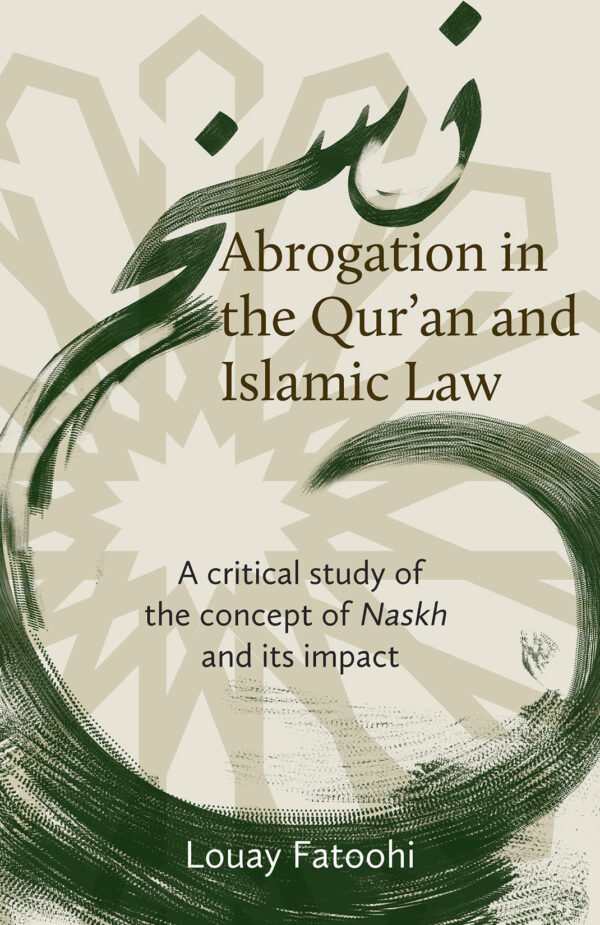
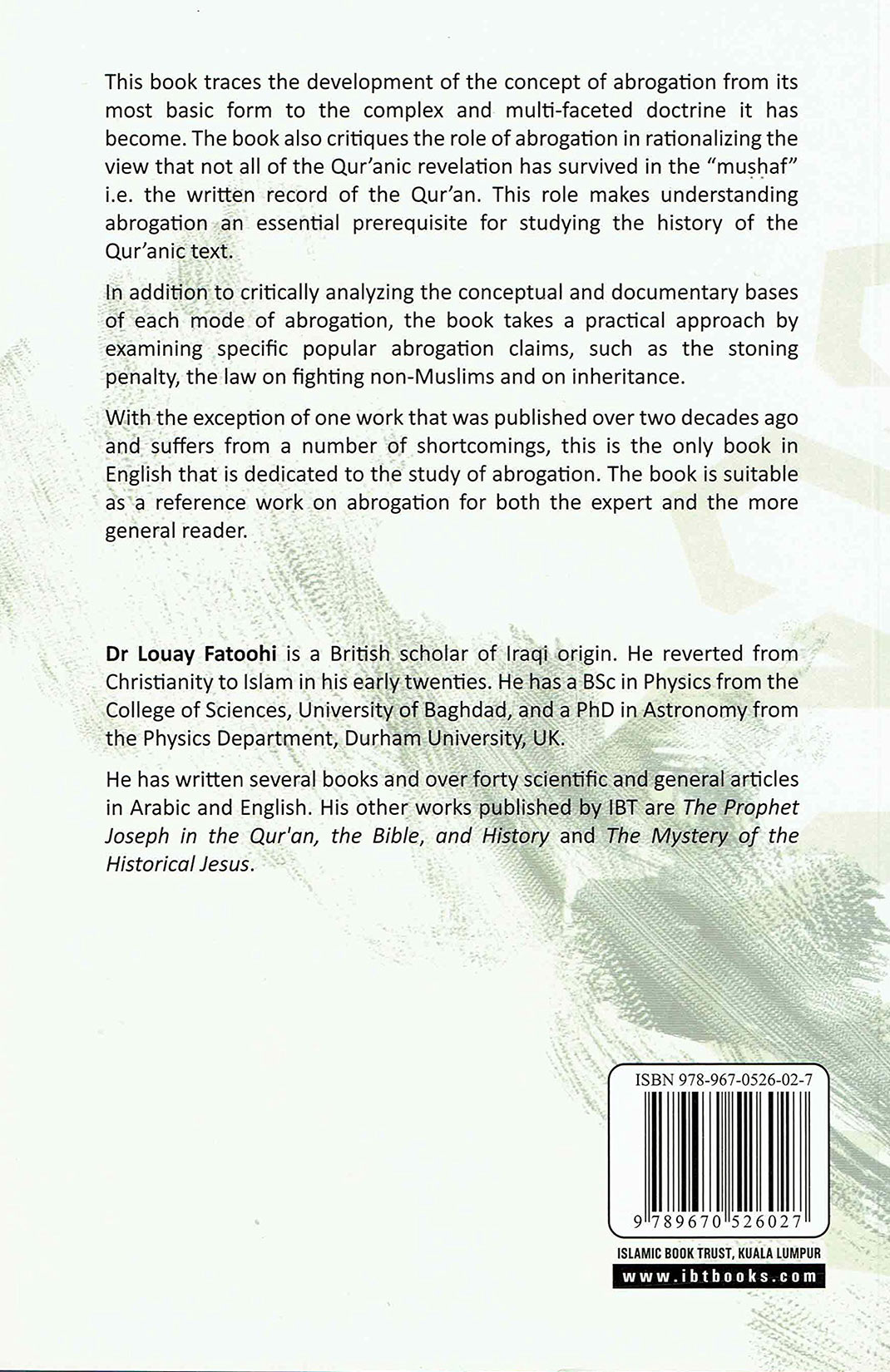
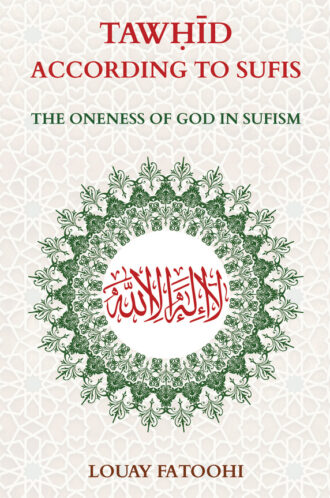
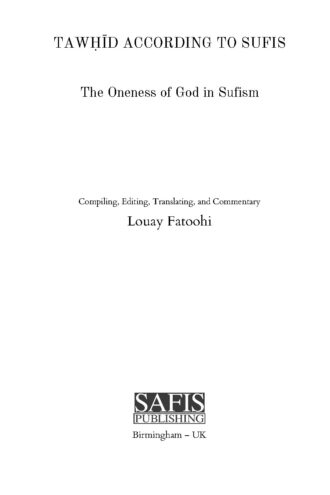
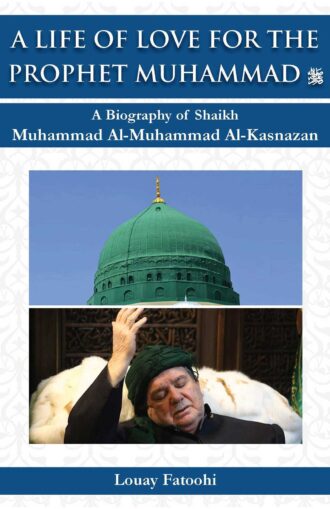
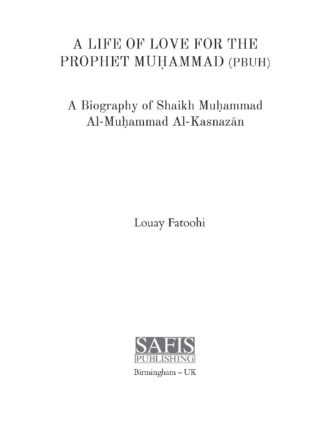
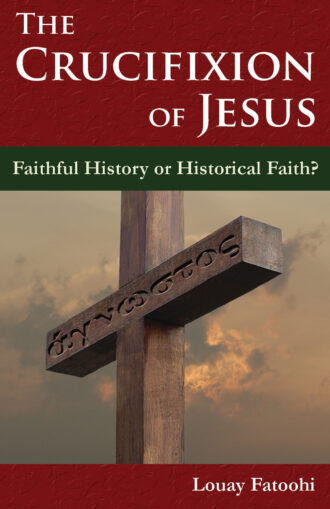
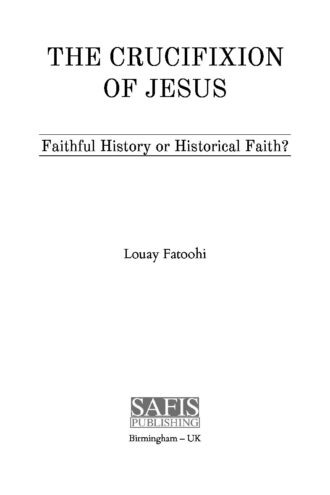
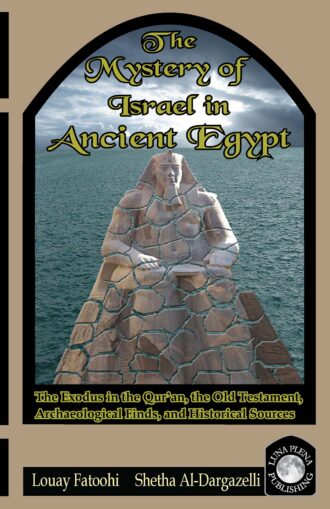
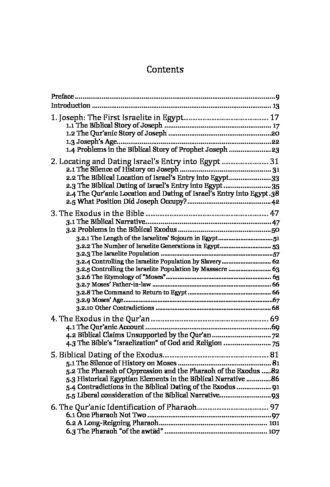
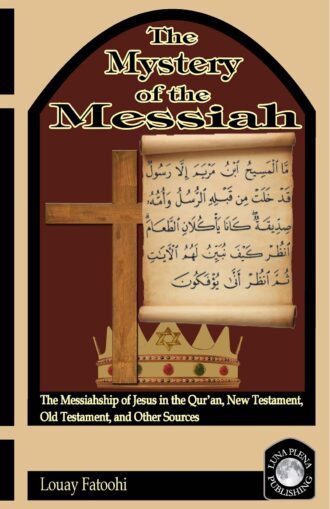
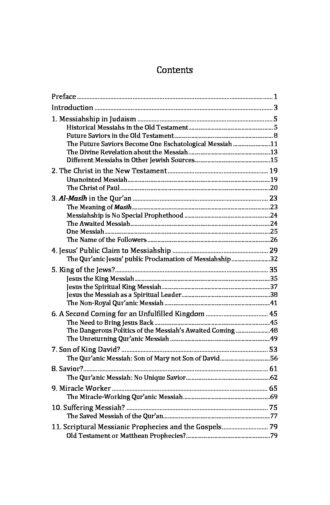
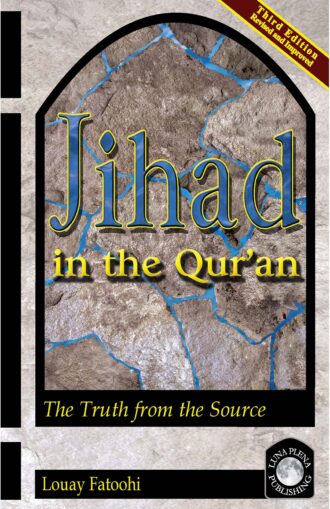
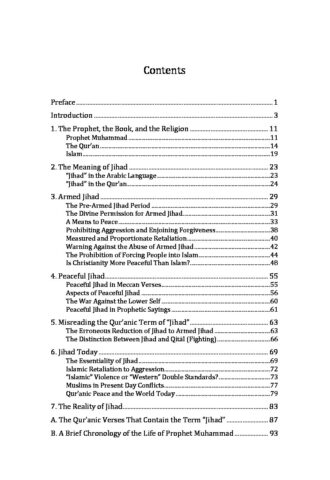
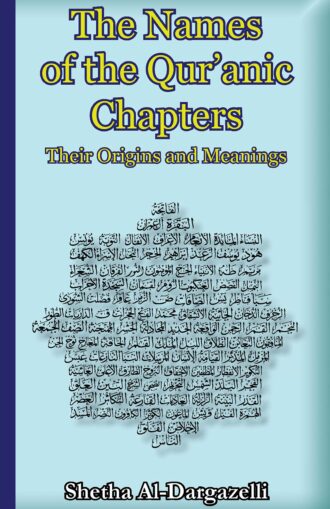
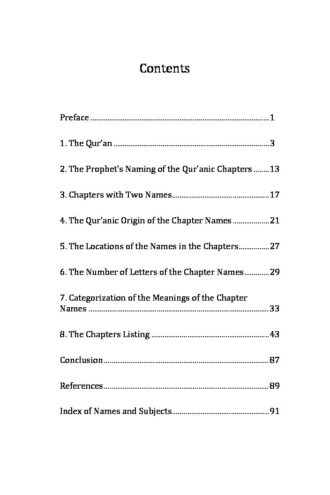
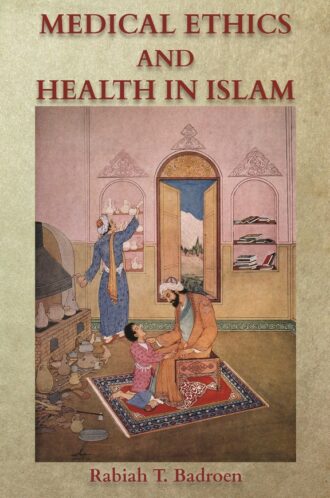
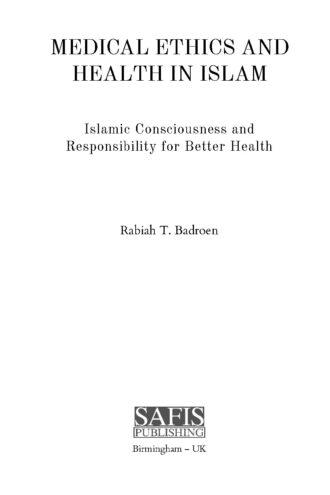
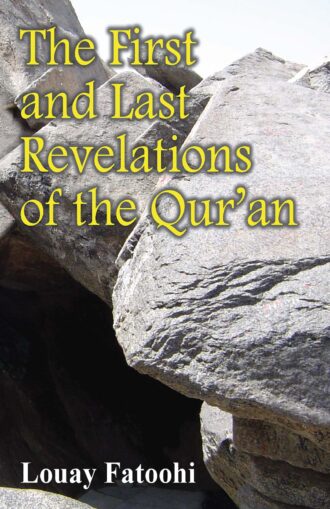
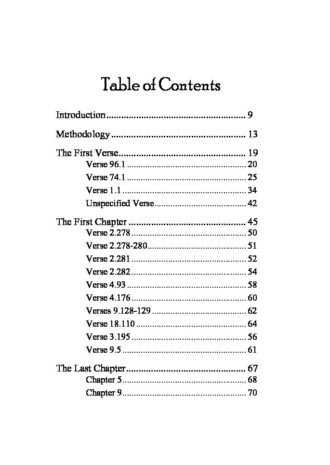
Reviews
There are no reviews yet.